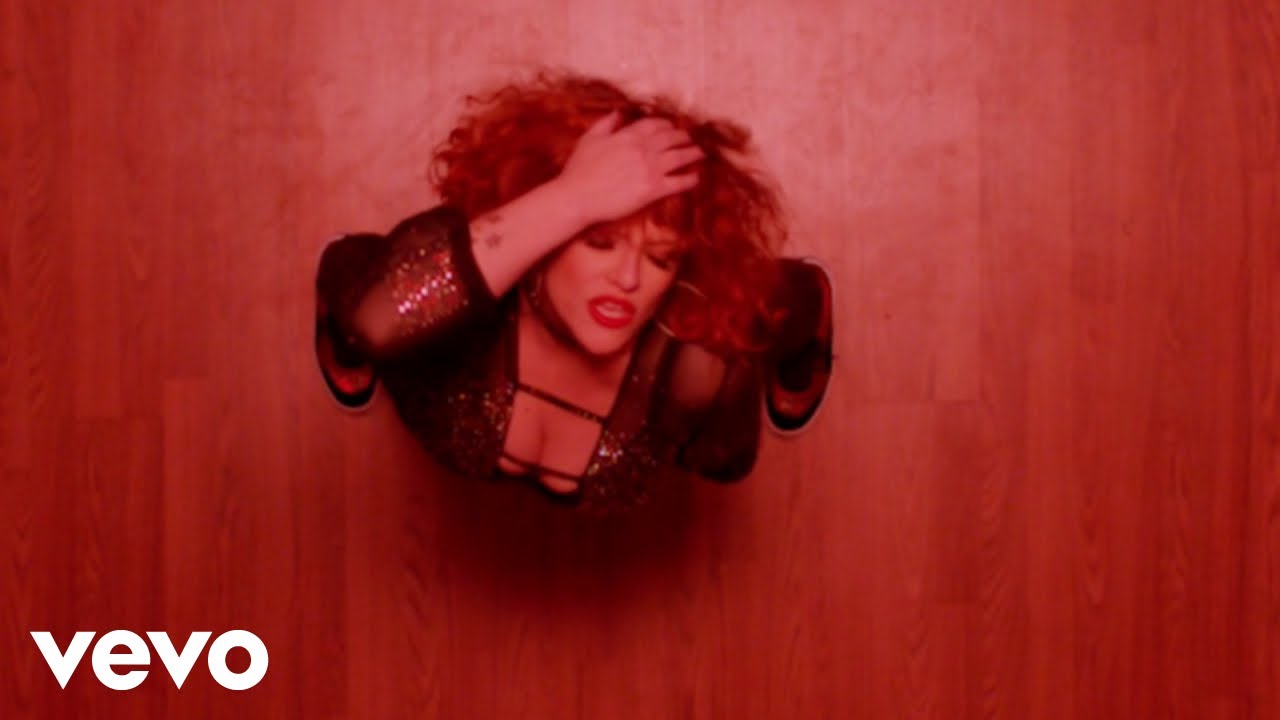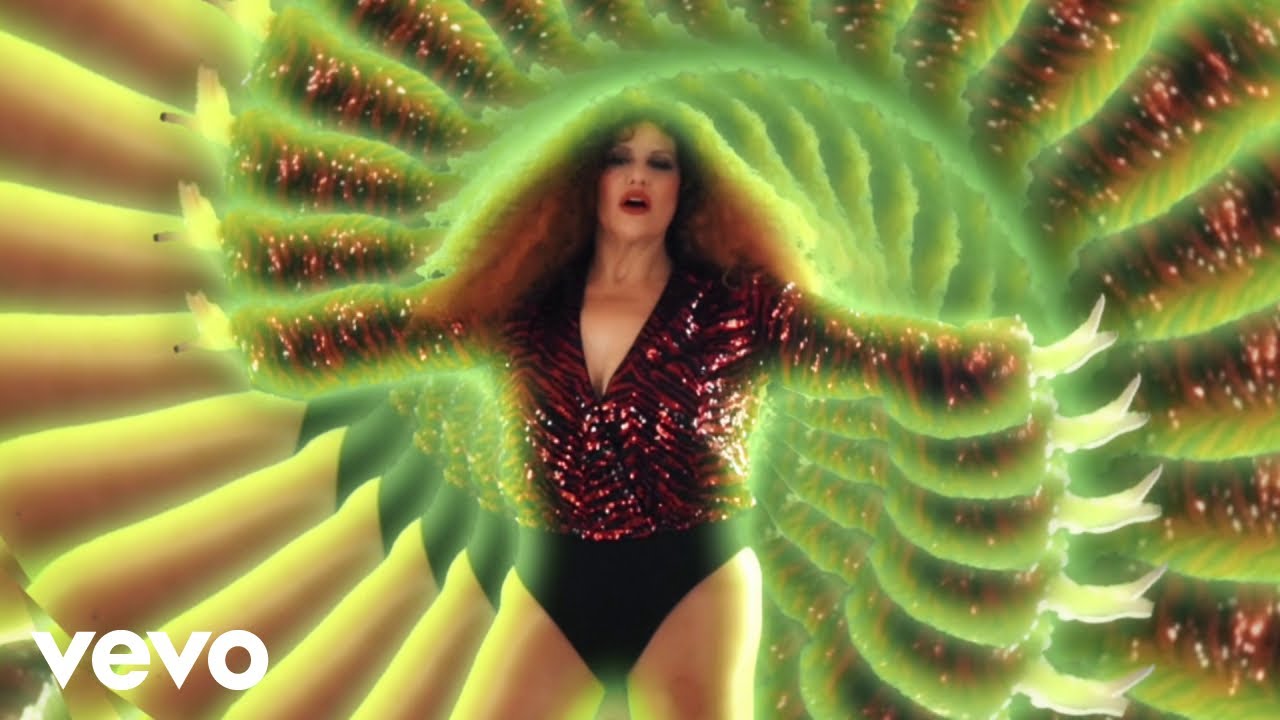Writing The Manual (How to Have a Number One the Easy Way), Bill Drummond and Jimmy Cauty often refer to the illusion of familiarity as a surefire way to ensure an album’s success. Hard Feelings seem to taken this philosophy in their stride. Across the duo’s first album, sharp handclaps form traces of disco, defined piano chords summon vestiges of house, drum machine patterns craft driving odes to synth-pop, and oozing pop hooks celebrate the power of the ear-worm. This patchwork of genre should comes as no surprise, given the people behind it. NYC powerhouse Amy Douglas and Hot Chip’s Joe Goddard both boast established cross-market careers. Together, the duo who offer a lusty, shoot-for-the-stars type of dance music, wired to a circuit of optimism. Their eponymous, debut offering is an antidote to modern anxieties, fuelled by aphorisms and nostalgia. But it is the innovative textures, strange new forms of amalgamation and reinvention of the familiar, that make this album so prescient, intriguing, and distinctly of the now.
Hard Feelings are world builders. The album opens with ‘Love Scenes’, a song which conjures a sensual mind-palace furnished in one half with Halston dresses and Bianca Jagger’s horse, and the other with Steve Strange’s BLITZ swan eyebrows and Annie Lennox’s buzz cut. Other flavours in the mix include Loose Ends, Candi Staton, Chaka Khan, SNAP!, Frankie Knuckles, and Kraftwerk. The latter’s influence is particularly present on ‘Sister Infinity’, which brings to mind a futuristic utopia complete with monorails, sparks, and starships. With its, murky, rhythmic undertones and latex-polished production, ‘Dangerous’ would be at home in the ‘dark rooms’ of Berghain, conjuring a kind of explicit interconnectivity so intimate that it implodes on itself and becomes universal.
At first glance, the aforementioned list of apparent references points towards a nearer nostalgia of Tumblr-era London Fields fixed-gear indietronica Disco. But Hard Feelings possess a much firmer, deeper grasp of history. With so many access points, their debut makes for an inviting album, easy to connect with. And given the duo’s hit-after-hit approach, it is an easy record to settle into. Douglas and Goddard connect the dots so effortlessly. As a listener, one gets the immediate impression that Hard Feelings are a clued-up duo, extremely literate in the language of dance and feeling, who telepathically communicate something totally immersive. This kind of familiarity – both with the lay of the land, and with the minds of one another – makes it a pleasure for listener and dancer alike to trace the through-lines and surrender to the spell. The history that Hard Feelings subscribe too, and the forward trajectory of the tradition in which they move, is clear.
Despite nostalgia being a primary fabric of the album, Hard Feelings feels neither formulaic nor derivative. The duo know how to read the room – as well as the history books. As an album, it holds all of the contradictions that great DJ sets do, resulting in the creation of a sonic landscape that is as much about getting lost, as it is about finding solace. Meanwhile, the lyrics navigate the unravelling of relationships, disjointed mysteries, and the highs, lows, and convoluted drama of the human experience. Douglas, a fixture on the transatlantic house and disco scene who’s collaborative practice spans the likes of Horse Meat Disco, Juan MacLean, and many more (including, most recently, writing for Róisín Murphy), delivers the vocals in full colour. She creates a vast depth of field with lyrics that command attention.
This sharpness of vision is particularly present on tracks such as ‘You Always Know’, which, with its Grace Jones phrasing, takes on a ritualistic, transformative, and poetic dimension: “put on our masks,” she sings, “become something else”. Incantations and meditative aphorisms such as “you should only allow yourself the luxury of caring over someone once”, read as if straight from the chicest of agony-aunt columns, and sit on driving backbeats that compel thought into action. Across the rest of the album, the lyricism and delivery is fierce, quippy, and smart. There’s something about Hard Feelings’ truisms that speak at the knowing level of The Pet Shop Boys’ “I’ve got the brains / You’ve got the looks”.
Yet it’s not wholly about thinking; it’s about feeling too. One quality which is more apparent than any is Hard Feelings’ innate understanding of the body. As a duo, they seem to have a shared understanding of what drives movement, what creates a response, what makes the body tick, and how to shape, surprise, and allow for those ebbs and flows between compelling near-euphoria and a contemplative, steady groove throughout the course of the album (“groove” of course, being the irresistible, “underlying sex element” of the record that the KLF outline in their Manual). This is a testament to Douglas and Goddard’s familiarity with their craft.
There is an element present in club music that goes beyond knowing and becomes about sensing, which though intuitive, appears to be interlinked with experience. Hard Feelings’ move sure-footedly towards a philosophy of overlapping senses, which, as best articulated by Michel Serres, hinges on the mixing and mingling of bodies. “Absent, ubiquitous, omnipresent sound envelops bodies,” writes Serres in his book The Five Senses. “Practically all matter, particularly flesh, vibrates and conducts sound.” Goddard and Douglas here prove super-conductors channelling sound deep into the body.
It’s not all transcendence, escape, or the far-off-future; Hard Feelings is an extremely earthy, well-rooted album, which is empowering in its confidence and conviction. It is incredibly well-balanced. And because of its counterpoise between earthiness and otherworldliness, nostalgia and futurism, the cerebral and the bodily, Hard Feelings is perfectly illustrative of the harmony between two virtuosos in their field. Hard Feelings makes for a generous example of artistic collaboration at its finest. Listening to their debut album is an embodied experience, and having been made collectively, is undeniably meant to be experienced collectively too.




